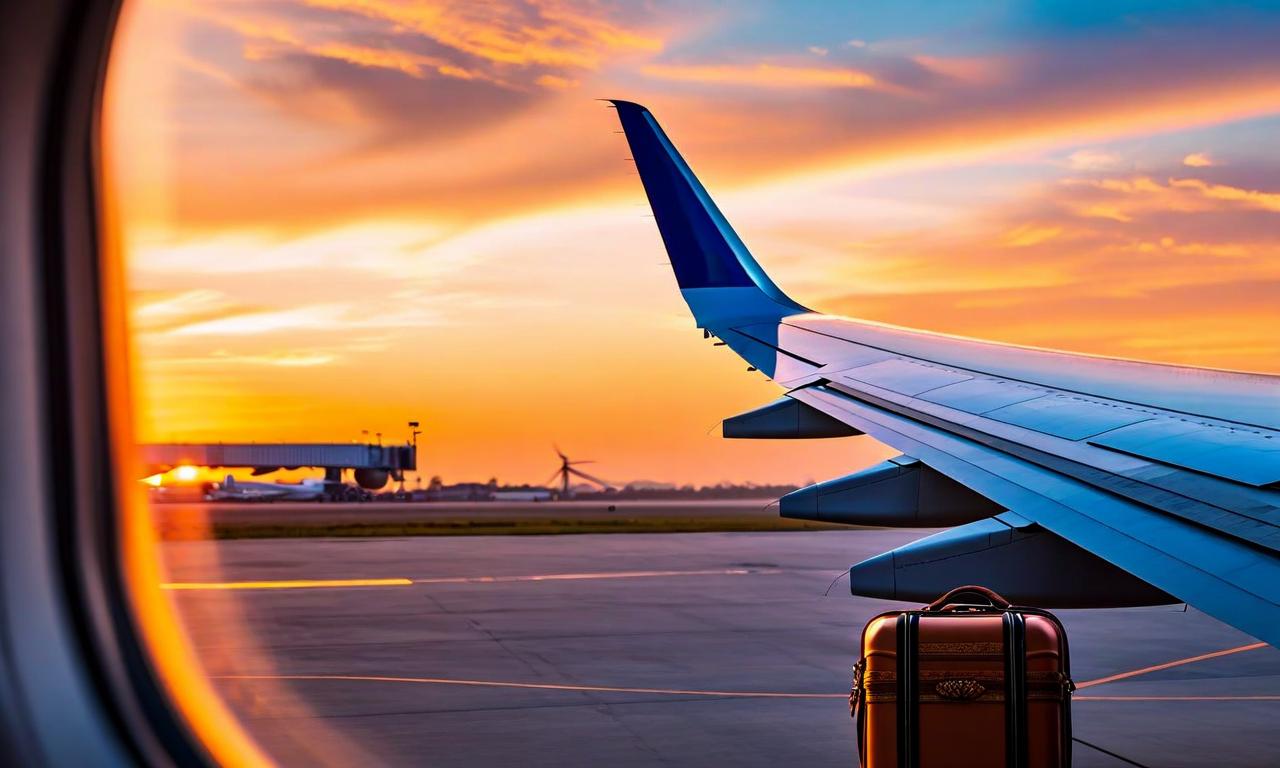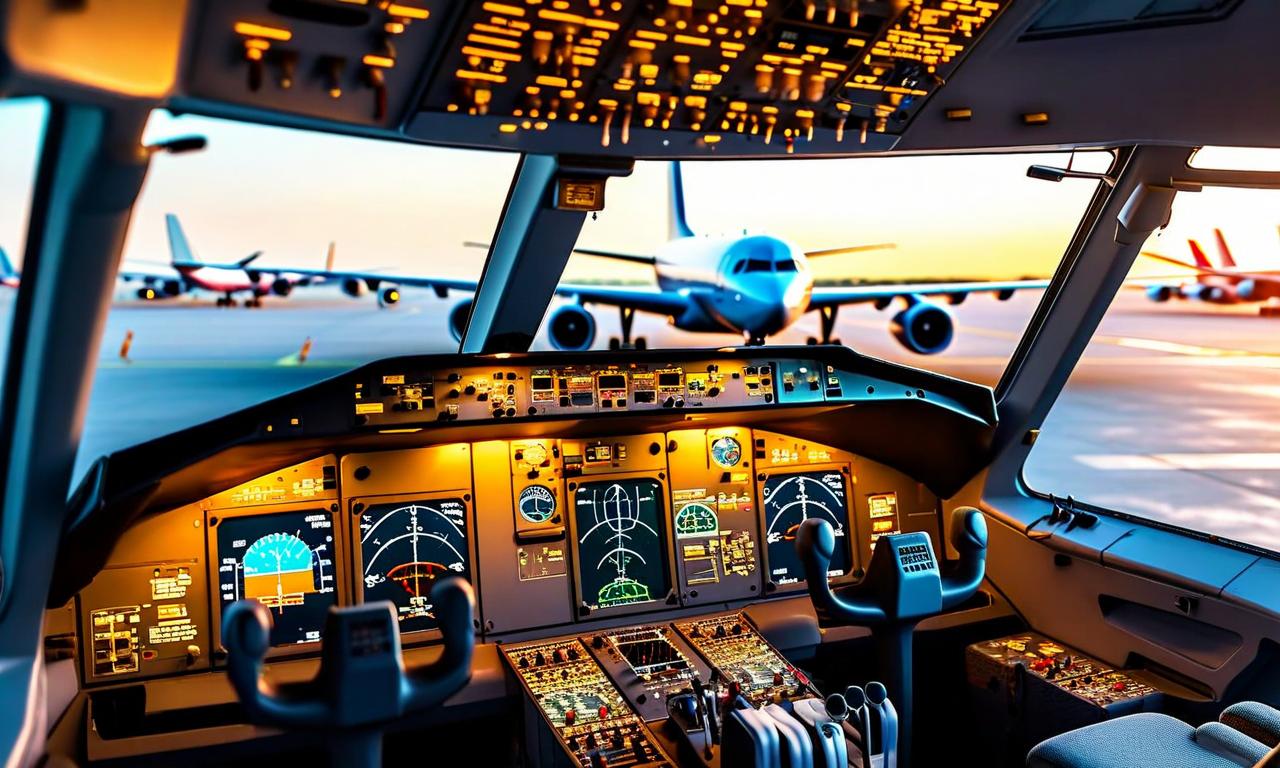IATA Executive Criticizes India's Tax Hike on Premium Air Travel
The International Air Transport Association (IATA) has expressed disapproval of India's decision to increase taxes on non-economy air travel. An IATA executive voiced disappointment over the move, citing a lack of clear justification. The tax increase targets premium cabin passengers on international routes to and from India, potentially affecting costs for travelers, tourism, and airline revenues. IATA's criticism reflects broader industry concerns about the impact on the aviation sector.

*this image is generated using AI for illustrative purposes only.
The International Air Transport Association (IATA) has voiced its disapproval of India's recent decision to increase taxes on non-economy air travel. An executive from the global airline body expressed disappointment over the move, citing a lack of clear justification for the tax hike.
Tax Increase Targets Premium Cabin Passengers
The new tax measure specifically affects premium cabin passengers traveling to and from India. This includes those flying in business class and first class on international routes. The IATA executive's comments suggest that the association views this tax increase as potentially detrimental to the air travel industry and passengers alike.
Lack of Justification Raises Concerns
According to the IATA representative, the Indian government has not provided a clear rationale for the tax increase. This lack of transparency has led to questions about the motivation behind the decision and its potential impact on the aviation sector.
Implications for Air Travel
The tax hike on non-economy air travel could have several implications:
- Higher Costs for Premium Travelers: Passengers opting for business or first-class travel may face increased ticket prices.
- Potential Impact on Tourism: The higher taxes could affect India's attractiveness as a destination for luxury travelers.
- Airline Revenue Concerns: Airlines operating premium cabins on routes to and from India may see changes in demand or profitability.
IATA's Role and Concerns
As the trade association representing around 290 airlines worldwide, IATA's criticism of this tax increase reflects broader industry concerns. The association often advocates for policies that support the growth and sustainability of the global aviation sector.
The IATA executive's public statement on this issue underscores the importance of transparent and justified taxation policies in the aviation industry. It also highlights the ongoing dialogue between international aviation bodies and national governments regarding air travel regulations and fiscal measures.
As this situation develops, stakeholders in the aviation industry will be closely watching for any further explanations from the Indian government or potential adjustments to the tax policy.

























